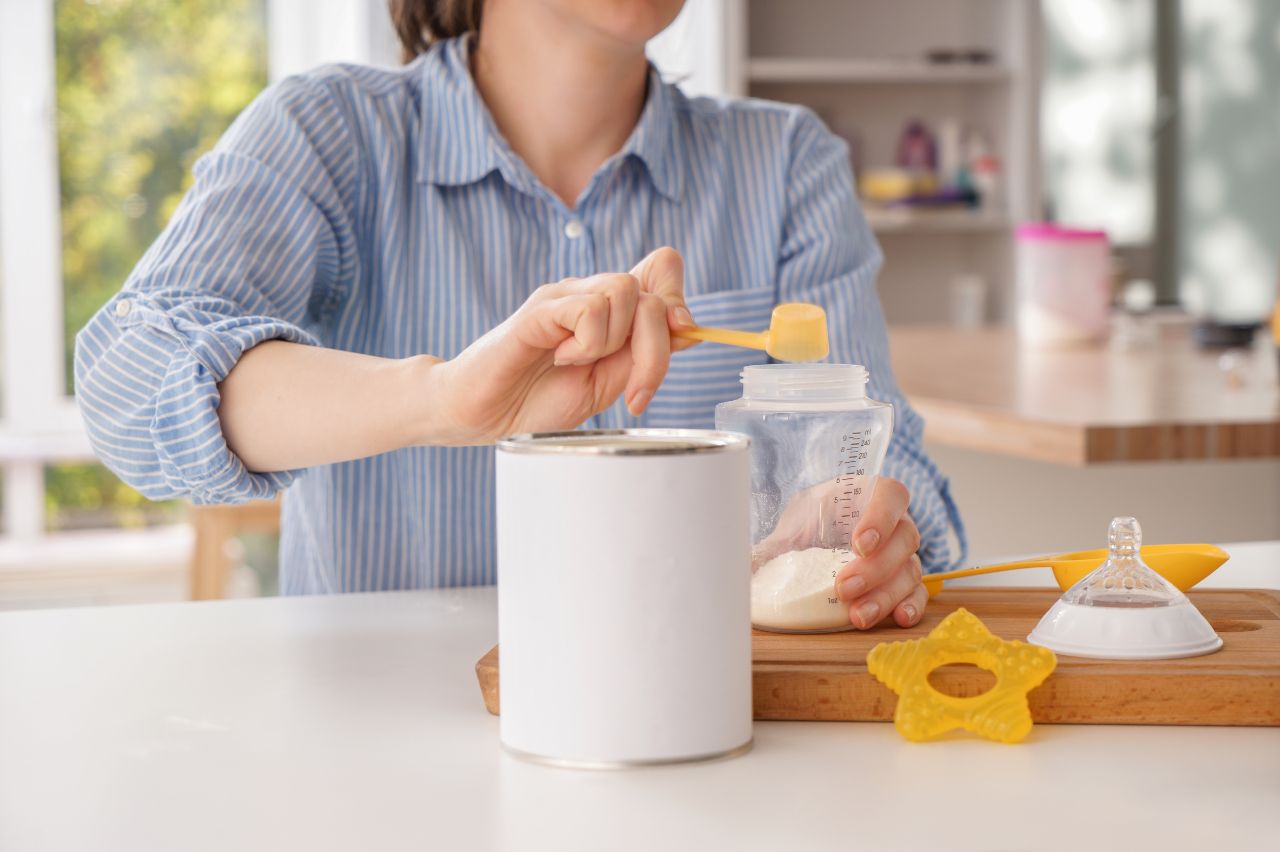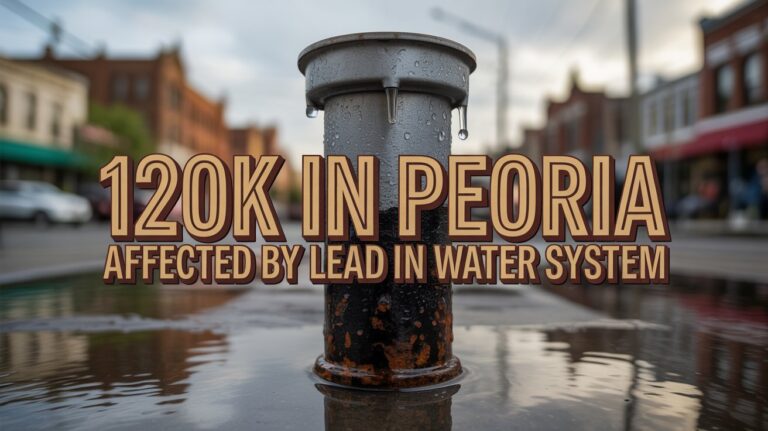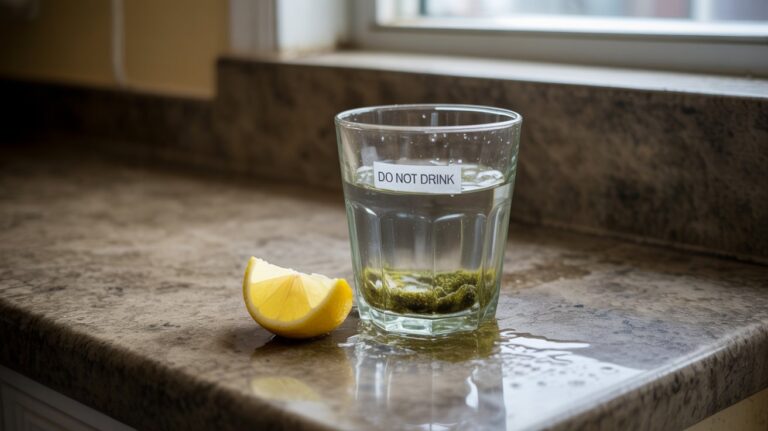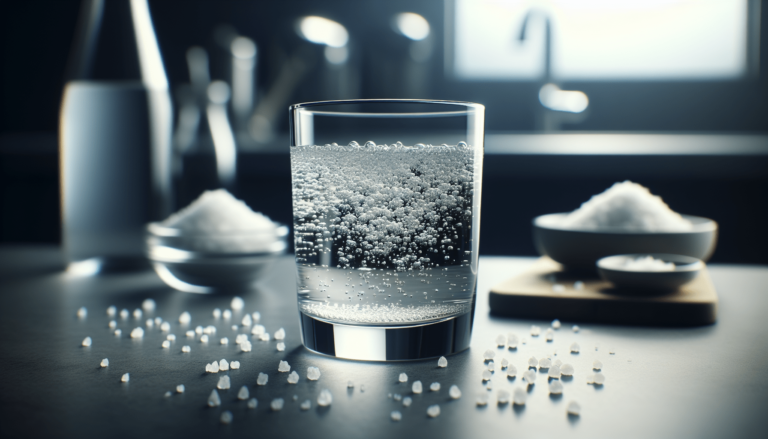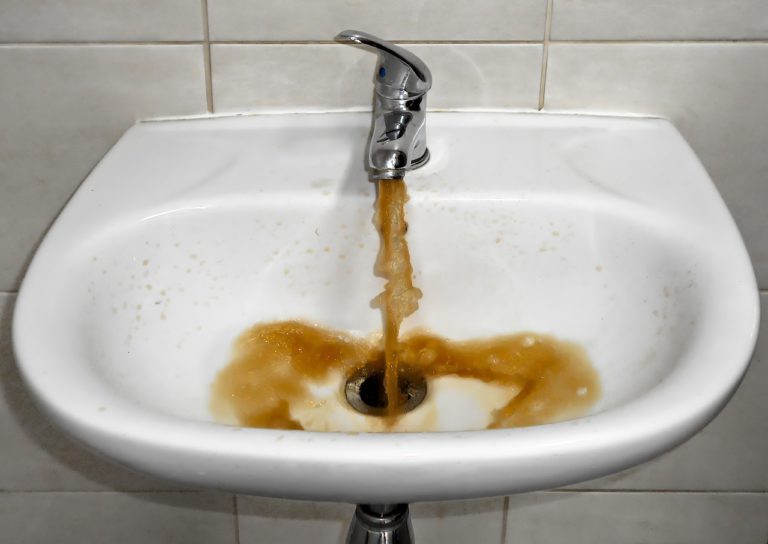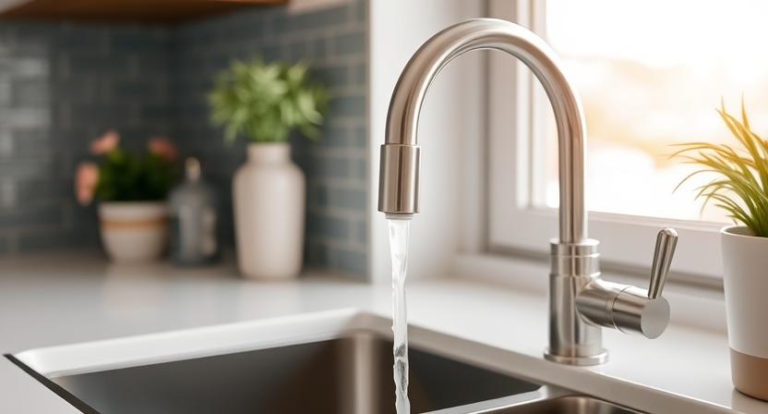Which is Better for Baby Formula: Tap or Filtered Water?
Should you use tap water or filtered water for baby formula? With so much information available about what type of water is best for baby formula, parents can be easily overwhelmed. We’ll break down the options for you and explain why it’s important to make an informed decision when it comes to feeding your baby.
Understand the Contaminants Found in Tap Water
Tap water can contain various contaminants that may be harmful to your baby such as lead, pesticides, and nitrates. Before making a decision on which type of water to use for your baby’s formula, it’s important to understand the possible contaminants in your tap water. Testing your home’s water for contaminants such as lead is the best way to determine if tap water is safe for your baby.
Know Your Options for Filtering Tap Water
If you’re concerned about using tap water for your baby’s formula, there are plenty of filtration options to consider. From countertop models and reverse osmosis systems to pitcher filters and whole house filters, you can find the best option that works for you. When looking for a filtration system be sure to check if it is certified by NSF International and makes sure to follow standard maintenance guidelines.
Learn What Experts Say About Boiling Water for Formula
Boiling tap water for formula is not recommended by the Centers for Disease Control and Prevention (CDC), American Academy of Pediatrics (AAP), or World Health Organization (WHO). Boiling tap water can reduce some contaminants, but it may also make it too concentrated with minerals, potentially harming your baby’s health. Therefore, the safest choice is to use filtered water that has been tested and certified to meet drinking water standards.
Tap water that has not been filtered may contain levels of nitrates, lead and other elements that can be harmful to a baby’s health. Filters should be properly maintained and frequently replaced according to manufacturers’ instructions (generally two to four weeks). Any kind of filter – from pitcher-style filters to whole house systems – can remove many contaminants, but not all. Therefore, if you choose to use tap water for your baby’s formula, it is best to have the water tested first by a qualified lab.
Consider Possible Health Benefits of using Filtered Water
Should you use tap water or filtered water for baby formula? When making baby formula, using filtered water with a reverse osmosis filter can provide several potential health benefits. For example, it can reduce the levels of lead and other heavy metals that may be present in tap water, while also eliminating contaminants such as chlorine and organic compounds. Additionally, many filtered waters contain fewer minerals than tap water, so you will lower the risk of your baby consuming too much of these minerals.
Consider the Impact of Cost on your Decision Making Process
It is important to consider the cost associated with making baby formula with filtered water. Filtered water can often be more expensive than tap water, so it is important to evaluate both the short-term and long-term costs associated with using filtered water before making a decision. Additionally, you will also want to factor in the cost of purchasing and regularly maintaining any filters you may need.

